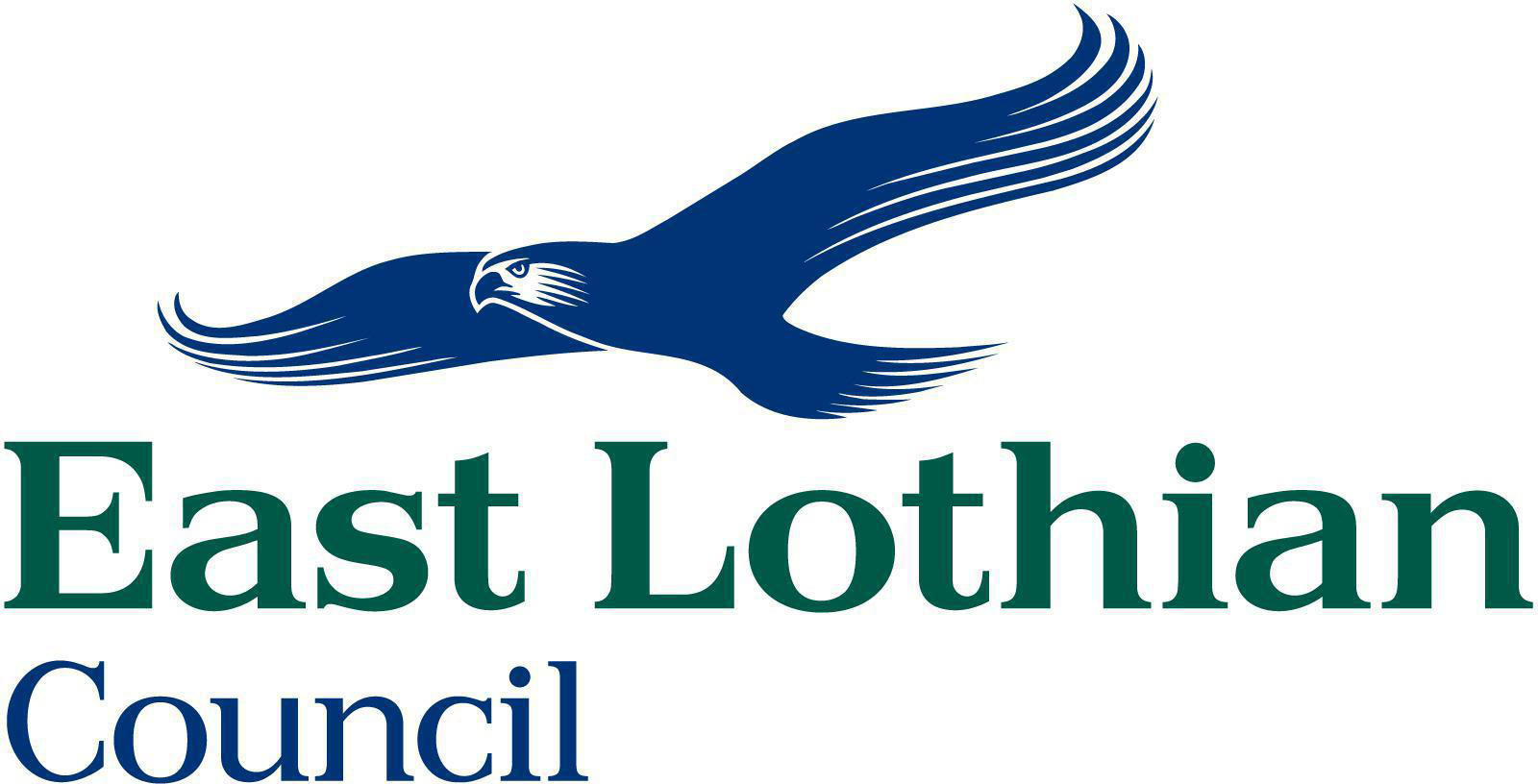East Lothian Council facing continued financial pressures

An update on the difficult financial position facing East Lothian Council was detailed at last week’s full council meeting.
Elected Members heard that the council is continuing to operate within the most extreme and challenging financial environment that it has ever faced with significant challenges in 2023/24 and an estimated recurring financial gap in excess of £70 million over the next five years which is equivalent to a quarter of the council’s annual running costs.
Council leader, Norman Hampshire, said: “This report sets out the Council’s latest financial position providing context for the administration to set a balanced budget for next year. Unfortunately, it’s clear that we’re facing extreme financial challenges of a scale that has never been seen before - but not of our own doing, which will lead to some difficult decisions ahead.
“The current financial situation has resulted mainly from external pressures including significant growth in the population of East Lothian over the last two decades which has not been matched by increased grant funding from the Scottish Government. In addition, the increasing amounts ringfenced, or grant funding directed to specific services and national policy objectives, has also greatly reduced both our democratic mandate and our ability to fund identified priorities for East Lothian.
“Earlier this year Audit Scotland recognised the difficulties facing local authorities stating: ‘Councils across Scotland faced significant financial challenges during 2021/22 and are now entering the most difficult budget setting context seen for many years. Increasingly difficult choices about spending priorities will need to be made.’
“East Lothian Council has fully played its part in achieving national government objectives including managing the requirement of an additional 10,000 houses across the county. I would like to take this opportunity to correct the common misconception that the resulting council tax received from new housing developments will provide an increased budget for the council. The bulk of council funding comes from national government with the income from council tax amounting to approximately a quarter. Far from providing ‘a boost to council coffers’, each new house represents a further increase in demand on our services which is not covered by the council tax income nor our current grant settlement.”
He added: “In addition, our grant from central government is the third lowest in Scotland per head of population. There is no recognition of East Lothian’s increasing population and the additional costs that arise, including the staffing and running of new schools. In short - income is not keeping pace with the cost of delivering services and this is putting huge pressure on our budget.
“East Lothian Council’s financial management is recognised as well run as evidenced by external and independent audit reports and we are not complacent about identifying and introducing measures for the challenges ahead. We have already brought in a number of actions including reviewing staffing levels, increasing ways of generating income, reviewing delivery of services and selling surplus assets. However, we are rapidly reaching a stage where our options will become so limited that it may result in service reductions that could impact some of the most vulnerable people in our communities.”
Elected Members agreed variations to the revised capital programme which includes the progression of an extension to Aberlady Primary School and construction of two new Primary Schools – Blindwells and Craighall.
It is recognised to achieve these capital projects significant increases in gross expenditure and borrowing requirements would be needed. It was further agreed that the Council would write to the Scottish Government seeking assurance that the full cots of supporting these obligations, including the recurring revenue costs will be met through increased national funding.
Members were also advised of a wide range of growing external pressures all of which are placing very significant pressure on wider affordability limits including external market conditions, with increasing labour, materials and fuel costs.







